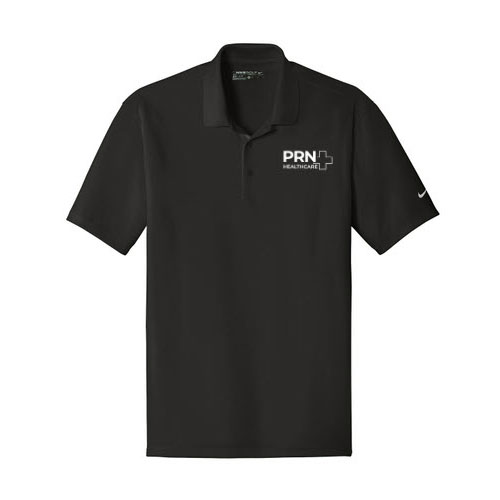Communication is the key to success in the healthcare field. A nurse can’t do their job right if the hospital or doctor doesn’t communicate with them, and vice versa. A communication breakdown can also spell inevitable doom for the patient. That might sound a little over-dramatic, but it’s not far off… Errors in diagnosis can cause further suffering and even death. That is why it is so important that every member of the healthcare team communicates effectively. Here’s the nurse guide to effective communication.
Patient Interaction
A patient interacts with several different healthcare professionals during their visit. Some studies even indicate that during a 4-day stay they could interact with as many as 50. This illustrates just how important it is to communicate. At the very least, imagine what the patient has to be thinking and feeling. They might tell one person one thing, and if that person doesn’t relay that information, the patient needs to repeat that information. Repeating information can be very frustrating and it can cause the patient to lose trust in the care they are receiving.
There are several challenges to effective communication but the two main factors are intimidation and lack of training. Many in nursing feel intimidated by doctors. A nurse might feel that the doctor is incorrect about a particular medication being prescribed but the nurse keeps their mouth shut. They fear that if they second-guess the doctor that it will be met with anger and future retribution. Doctors and nurses need to work together, but how many classes are devoted to teaching them how to work with each other? The answer is very few, if any.
The keys to solving a communication breakdown are varied and unfortunately there are no easy answers, but here are a few ways to help doctors and nurses communicate more effectively…
Change Environment
Change the environment. The first step is to change the environment. Both doctors and nurses should be working in an environment that celebrates communication. They should be able to question each other’s decisions without fear of being intimidated.
Be Assertive
Be more assertive. If changing the environment is the first step then being more assertive is the second. Once there is no longer fear of being intimidated then it’s time for nurses to speak more assertively. When a patient’s health is on the line, there is no time to beat around the bush. A nurse needs to be able to say it like it is so that a solution can be reached.
Communication Training
Create training programs. Training programs should be created to help foster respect and trust. The training program should teach both doctors and nurses how to provide constructive feedback and that one’s personal pride should be secondary to the health of the patient.
Effective communication, trust, and respect aren’t something that happens overnight. It’s something that takes time. However, if the solutions above are followed, over time, you’ll begin to see better collaboration. Doctors and nurses will begin to communicate more effectively which in the end will lead to better patient care.
Conversing about nursing




